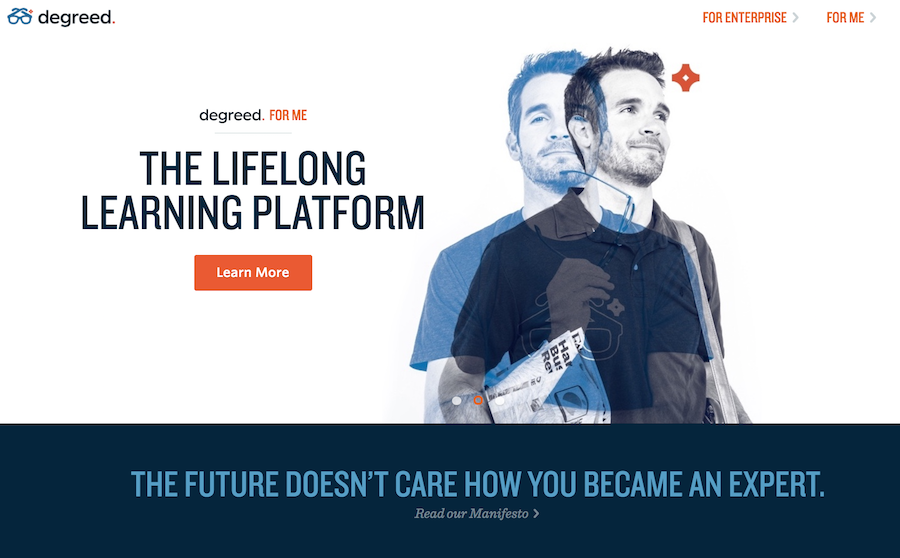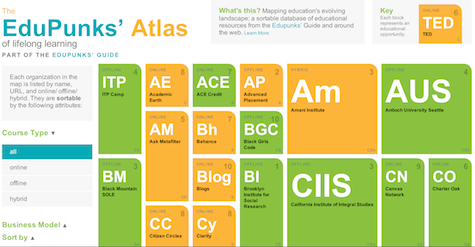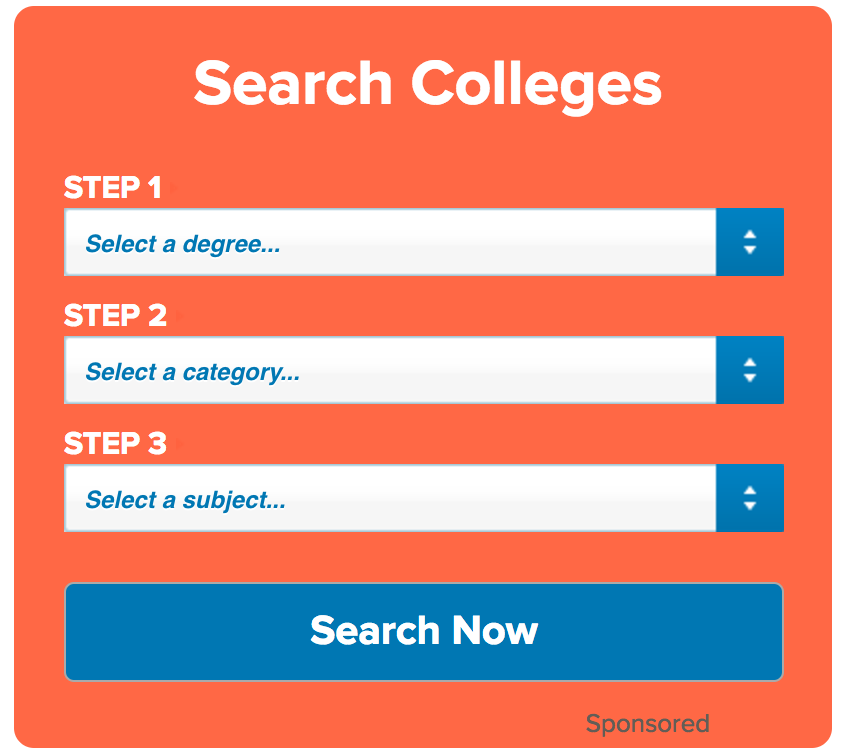Every lifelong learner should equip themselves with an arsenal of tools to help them in their quest for personal growth and development.
Sometimes this looks like strategies for changing our psychology, other times this can be the technology we surround ourselves with. But in a world of paywalls, copyright protections, and pay-to-play programs, accessibility can be an issue.
This is why it is critical that lifelong learners familiarize themselves with the many free resources available to anyone smart enough to go looking – including public access learning sites.
Drawing on copyright-free and public domain content, these kinds of websites are the holy grail for anyone looking to brush up on vintage cinema, peruse archival media, or discover classic literature. Here are 5 websites every lifelong learner should have in their arsenal!
Project Gutenberg
As its homepage reads, Project Gutenberg is an online library of 60,000+ free ebooks. The majority include literary classics whose copyright has expired, meaning many of the titles carry historical significance, like Homer’s Odyssey or Thoreau’s Walden.
Each ebook provides multiple file formats so it’s easy to download to your tablet or read on your phone. And, like any other library, Project Gutenberg is curated, organized, and maintained by a group of dedicated librarians, so a variety of sub-categories exist to guide your search and expose you to new titles. Whether you’re an anglophile hoping to enjoy some Charles Dickens or a history buff hoping to learn more about ancient Greece, it’s a massive resource and a true service to learners everywhere!
Open Culture
Open Culture describes itself as an advocate for the “worldwide lifelong learning community” and is well known by many in the arts for its incredibly eclectic collection of media across a wide range of subjects. Think of it as a kind of aggregator of free and accessible content—be that online courses from top universities, public domain movies, or podcast recommendations.
Probably one of the most exciting and fruitful services that Open Culture provides is its curation of lectures from some of humanity’s most brilliant minds. Read up on the historical context surrounding figures like Jorge Luis Borges, Richard Feynmann, or Sun Ra before listening to public access recordings and videos of their lectures. It is a true joy to jump across decades and intellectual traditions in just a few clicks!
LibriVox
LibriVox is an online database of free public domain audiobooks read to you entirely by volunteers. Yes, you read that right. Volunteers from all over the world submit audio of them reading authors as far ranging as Sir Arthur Conan Doyle and Emma Goldman.
The best part? You can submit your own audio of you reading your favorite books too! LibriVox is a vibrant international community of “readers” contributing accessibly read audiobooks for public consumption. So whether you’re looking to discover free audiobooks online or record your very own rendition of Winnie-the-Pooh, it’s a site worth browsing.
UbuWeb
For any and all lifelong learners with an interest in art, UbuWeb is a unique database for all things avant-garde. Categorized by different mediums, artists, and time periods—from bohemian political pamphlets to experimental video art—it is an unparalleled collection of history and traditions.
Most notably, UbuWeb provides biographies of a variety of figures and movements, with links to related media. Take, for example, the entries on J.G. Ballard or the Situationist International. For any language learner or art connoisseur, the site is a wealth of biographical data, esoterica, and public domain art.
Archive.org
Finally, we arrive at Archive.org, one of the most powerful and wide-ranging free online databases. As an aggregate of seemingly endless open source, public domain, and Creative Commons content, the website is one of the most magnificent places to explore vintage media.
It’s a particularly powerful tool for researchers of all kinds, as the web archive allows you to search both by keyword and topic as well as by file type (which goes beyond vintage photos, audio, and videos to include TV programs, software, and even webpages).
Of particular note is the Way Back Machine, which provides an internet archive stretching back 25 years. (That’s over 690 billion webpages!) So whether you’re interested in digging up that ancient HTML website you found in 2003 or diving into the TV coverage surrounding the events of 9/11, the website provides endless content to explore.
Happy spelunking!
By Gabe Kahan for Mission to Learn
Image by Alan Robb from Pixabay





